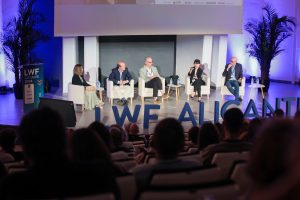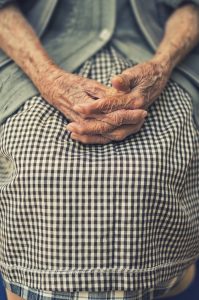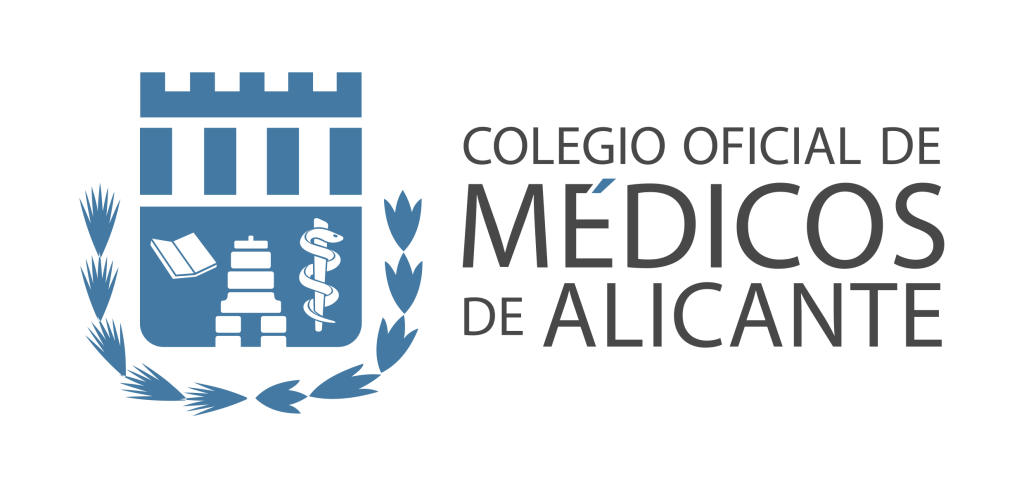Alicante is hosting the third edition of the Longevity World Forum, a pioneering event that has set a milestone in the science of longevity and healthy aging. This congress brings together leading scientists, experts and technologists from around the world to discuss the latest advances in strategies to prolong life and improve health at advanced ages, consolidating itself as a turning point for research in this emerging field.
The opening ceremony of the event was attended by Mr. Luis Barcala, Mayor of Alicante, Dr. Hermann Schwarz, President of the Medical Association of Alicante, and Ms. Ana Poquet, Councillor for Tourism and Beaches of the City of Alicante, Mr. Francisco Larrey, Director of Longevity World Forum Alicante, and a representation of the most significant institutions, entities and companies.
The event, which has been developed throughout an intense day, began with the inaugural conference by Dr. Toren Finkel, from the University of Pittsburgh, who presented innovative drug discovery strategies targeting the characteristics of aging. This molecular approach lays the foundation for future treatments to slow down the biological processes responsible for aging, opening the door to more effective and personalized interventions.
One of the highlights was the block of short talks on the mechanisms of aging and possible strategies to increase longevity. Dr. Ana Maria Cuervo, from the Albert Einstein College of Medicine, explained advances in selective autophagy, a key cellular process for healthy longevity. In addition, she stated that “the more people we can convince that aging can be modulated, the better, especially regulatory agencies. We need to educate and spread the word that this is possible”.
Along the same lines, Dr. Salvador Macip presented the sinotherapies that eliminate aging cells to improve health and prolong life. During his speech, he stressed that “thinking that aging is something we can treat is going to change everything: the potential is enormous”.
This block closed with Dr. José Sempere, who presented the challenges and opportunities in the relationship between immunology and longevity.
The congress also featured a round table moderated by Mari Carmen Álvarez (from Tetraneuron) in which experts debated the myths and truths of the emerging molecules that seek to change the course of aging. The interventions of Cuervo, Sempere, Macip and Finkel generated a dynamic debate on the possible applications and limitations of these advances.
Institutional closing of the morning session
The Regional Minister of Health, Mr. Marciano Gómez, has led the institutional closing of the morning session emphasizing that “we, from the Generalitat, are with education policies and health promotion and preventive policies. Because we want people to have a good life expectancy, but, above all, a great quality of life”.
Healthy longevity will be the focus of the afternoon session
In the afternoon session, the interview with James Nelson (UT Health San Antonio, Gerontological Society of America) by Dr. José Viña, from the University of Valencia and spokesperson for the Longevity World Forum Alicante, addressed intervention programs and translation to healthy longevity. During his talk, Viña remarked that “aging is not a disease. The fact that something is not a disease does not mean that it cannot be treated”. And James Nelson has put the focus on the importance of “exercise, sleep, diet and social connections” with special emphasis on this last factor. “Having a network of people greatly improves life expectancy and quality of life.”
After the interview, a block on research and strategies to promote healthy longevity and prevent aging was opened. Practical strategies to promote healthy longevity were discussed with presentations such as that of Dr. Stephen Harridge (King’s College London) on the importance of physical exercise to maintain optimal physiological function, stating that “exercise is medicine. It is therapeutic as an intervention to treat disease, as well as to prevent it”. Along with this presentation, Dr. Debora Nuevo (Olympia, QuirónSalud Group) also spoke, analyzing how the intestinal microbiota can be a key therapeutic target in prolonging life.
This was followed by a debate with Dr. Vicente Mera (Sha Wellness Clinic) and Ricardo Ramos (IMDEA Alimentación) on nutritional supplements and longevity, where participants reflected on the scientific validity of these products and their real impact on health.
Dr. José Viña moderated this discussion, which put into perspective the expectations and realities surrounding dietary supplements. The first day of Longevity World Forum – focused on the Science of Longevity – concluded with a talk by Bryan Johnson (Project Blueprint), whose main objective was to promote healthy longevity to prevent aging.
Second day: Technologies and trends
On Friday 18th the Longevity World Forum Alicante is dedicated to Technologies and Trends in Longevity and healthy aging, and it is worth highlighting the opening of the day by Liz Parrish -known as “patient zero” or “woman who is not aging” and her talk entitled: “The State of gene therapy to treat aging”. The speech by Ángel Alberich, QUIBIM -a company specialized in designing pioneering tools that free image data to improve patient outcomes- under the title “Inside out: the image of our inner health” or the closing events, such as the debate on “Devices and applications in aging and longevity” or the round table that concludes the congress entitled: “Opportunities and challenges in the development of startups in health and aging”, have also raised great expectation.
Longevity World Forum Alicante has been a turning point in the science of healthy aging and longevity, connecting the scientific community with the need to transfer their findings to clinical and social practice. This forum has opened new avenues of research and international collaboration, consolidating itself as a benchmark in the study of healthy aging and longevity.





